In a notable incident, a heated exchange between two female legislators during a U.S. Congress hearing has garnered widespread attention and stirred up national debate. The clash, involving Georgia Republican Representative Marjorie Taylor Greene and Texas Democratic Representative Jasmine Crockett, was marked by personal attacks and intense verbal sparring, according to a report by The Hill.
The confrontation occurred on Thursday night during a session of the Oversight and Accountability Committee, which was hearing contempt of Congress charges against the Attorney General for not providing an audio recording of an interview with President Joe Biden. The situation quickly escalated into a chaotic scene, with the two representatives engaging in a fiery exchange.
Representative Greene mocked Representative Crockett for allegedly wearing fake petals, leading to a heated argument. The situation intensified as New York Democratic Representative Alexandria Ocasio-Cortez joined the fray, contributing to the hour-long shouting match.
During the hearing, committee members initially allowed Representative Greene to continue her speech. She questioned whether the panel's Democrats were responsible for appointing Judge Juan Marchen's daughter, a query that led to further discord. Crockett challenged Greene's line of questioning, asking why Marchen was brought into the discussion.
Greene responded dismissively, suggesting Crockett's remarks were influenced by her "fake petals." Ocasio-Cortez condemned Greene's personal attack, calling it a "heinous crime and totally unacceptable." In retaliation, Crockett criticized Greene's appearance and hair, labeling Greene's comments as "racist."
The altercation has sparked significant media and political discussion, highlighting the increasingly contentious nature of contemporary political discourse. The incident underscores the deep divisions within the U.S. Congress and the broader political landscape, as lawmakers navigate complex and often heated debates.
As the situation continues to unfold, it remains a focal point of public and media scrutiny, reflecting the challenges and dynamics of political interactions in the current era.



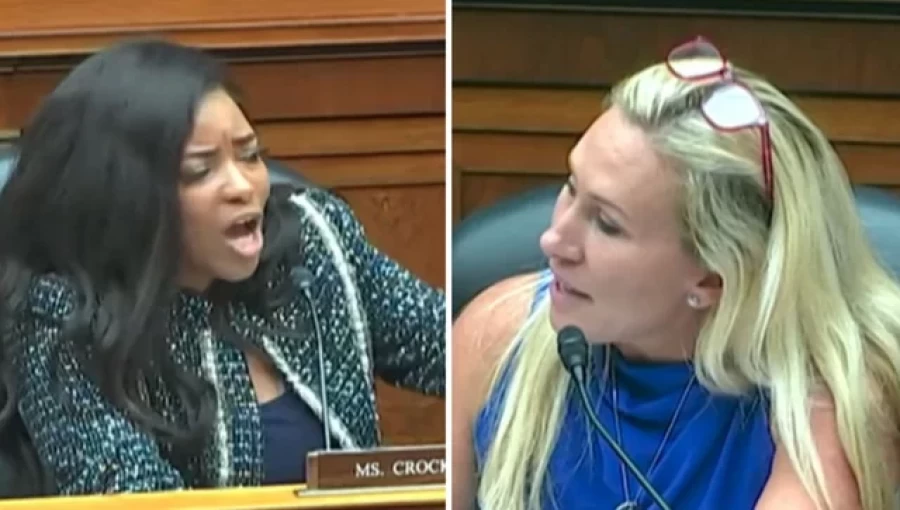
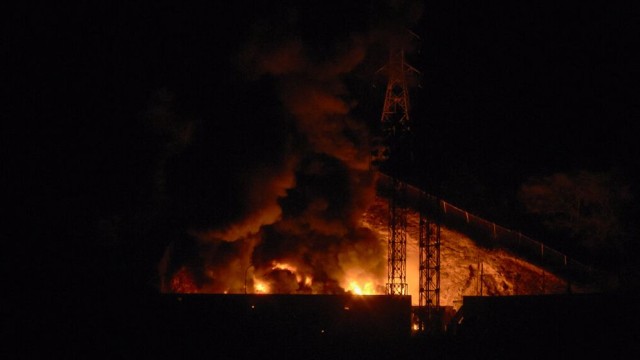
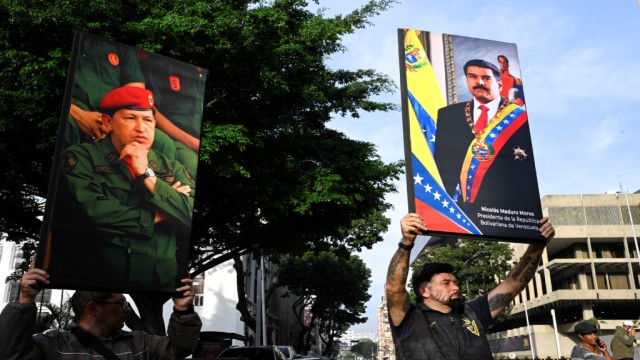

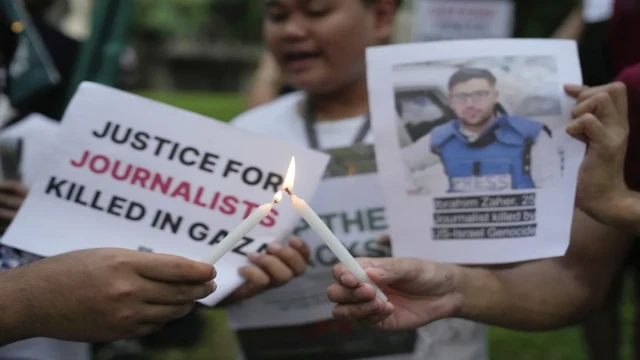
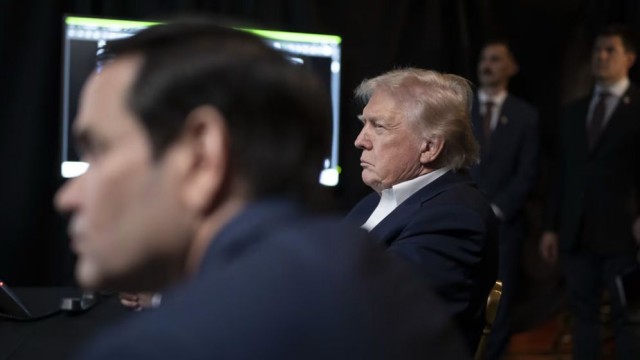
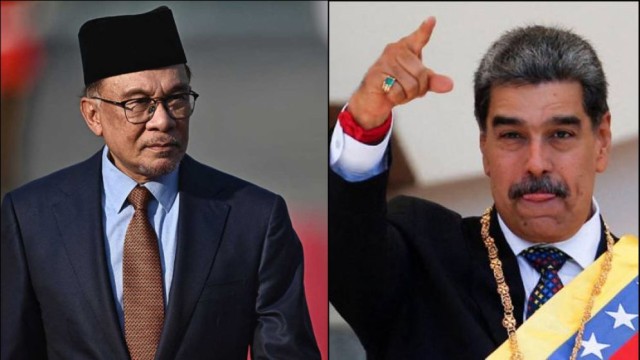

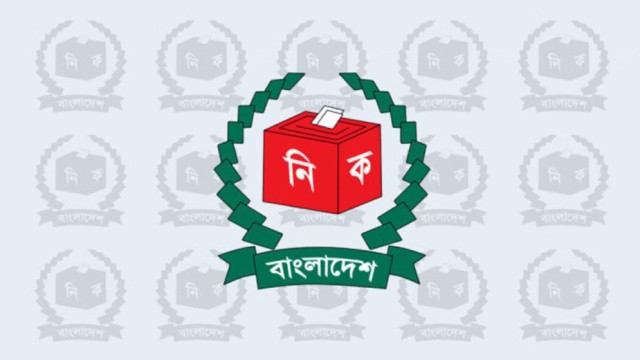
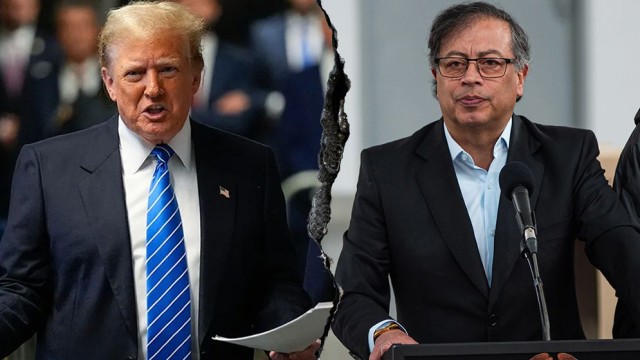
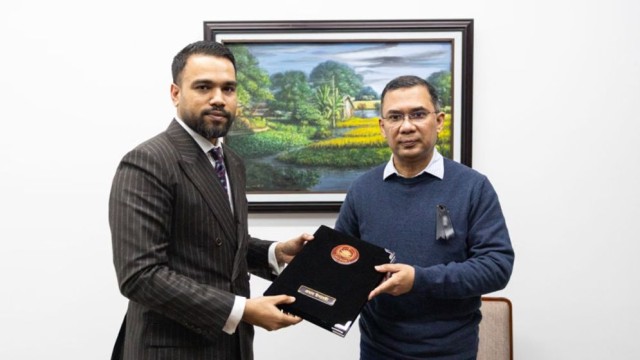
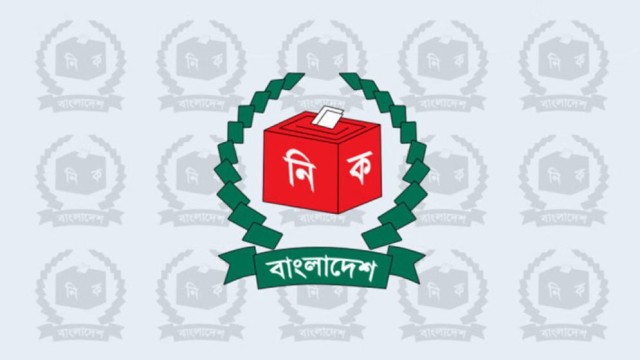
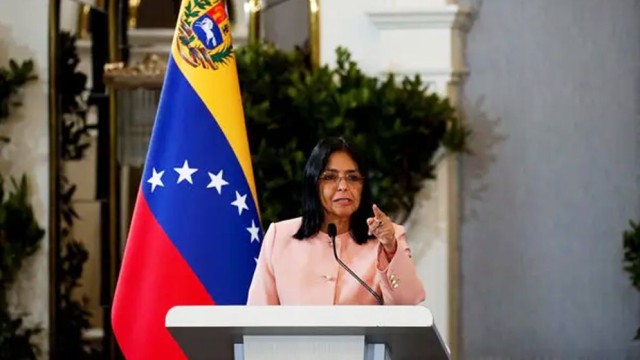

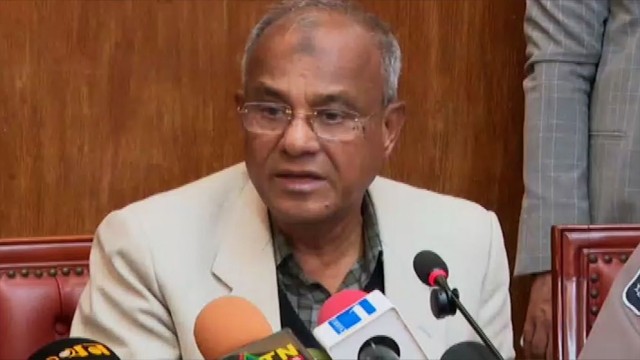


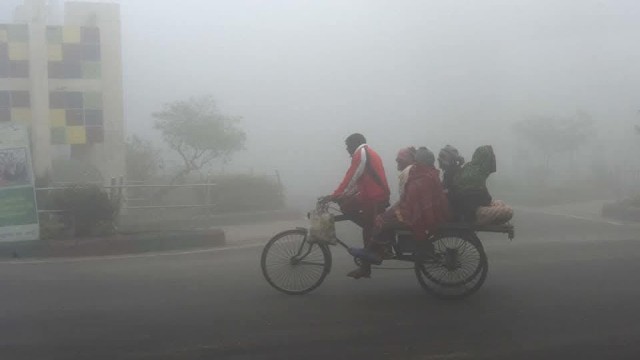
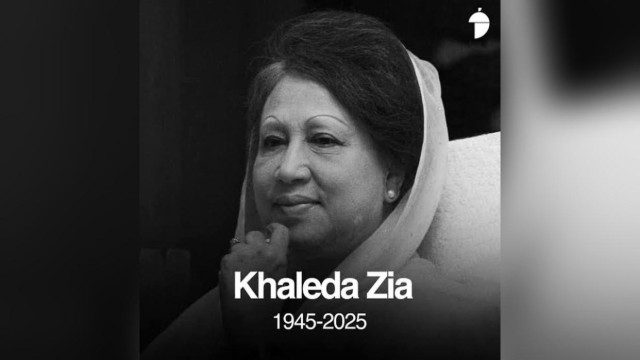




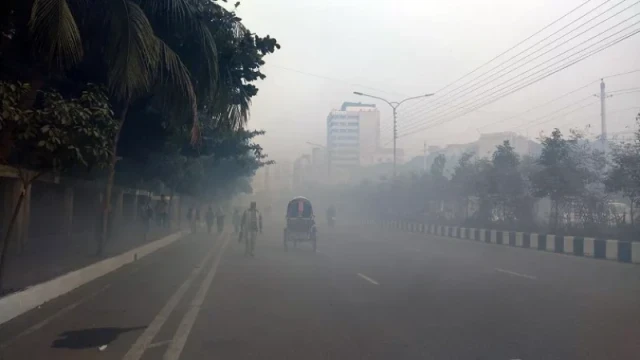
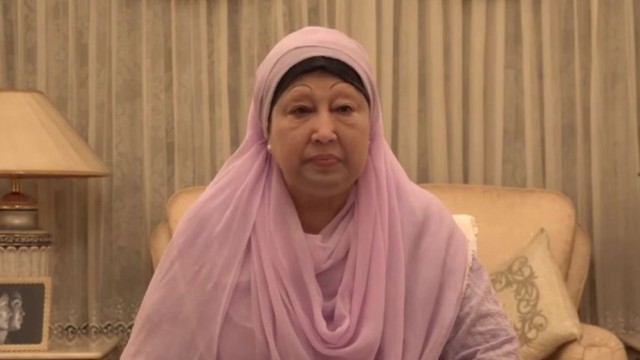
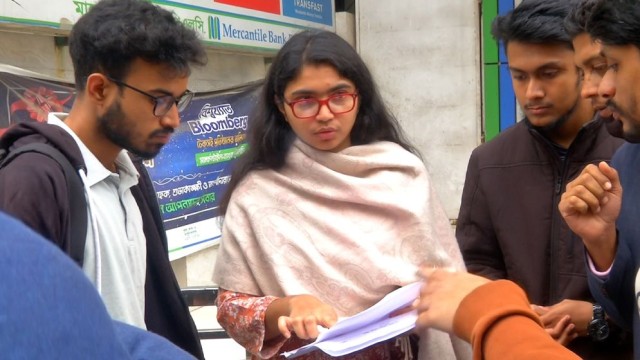

Comment: